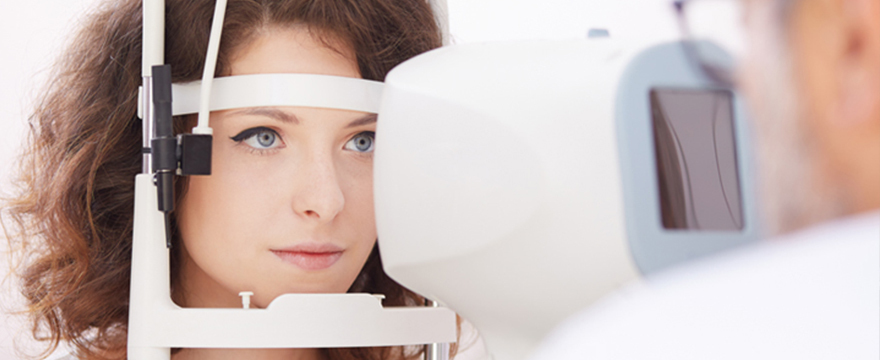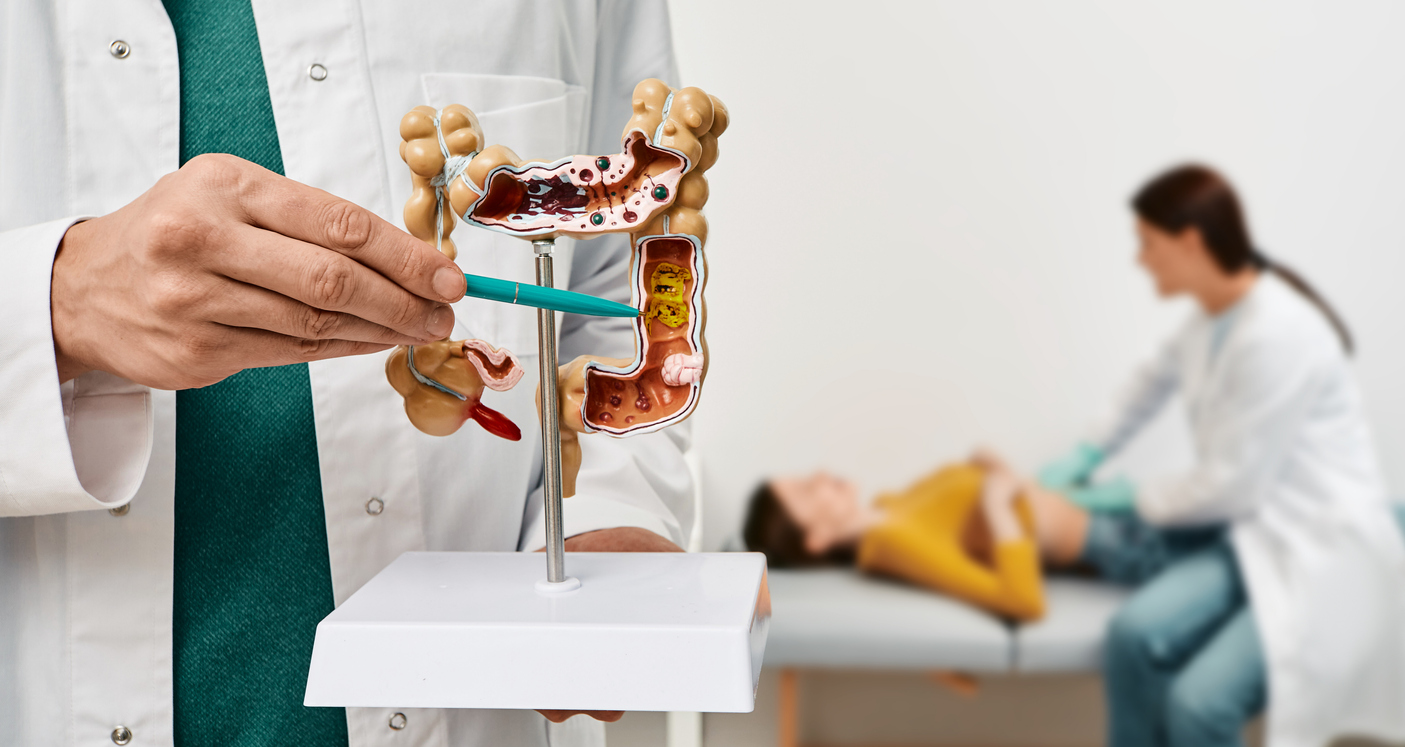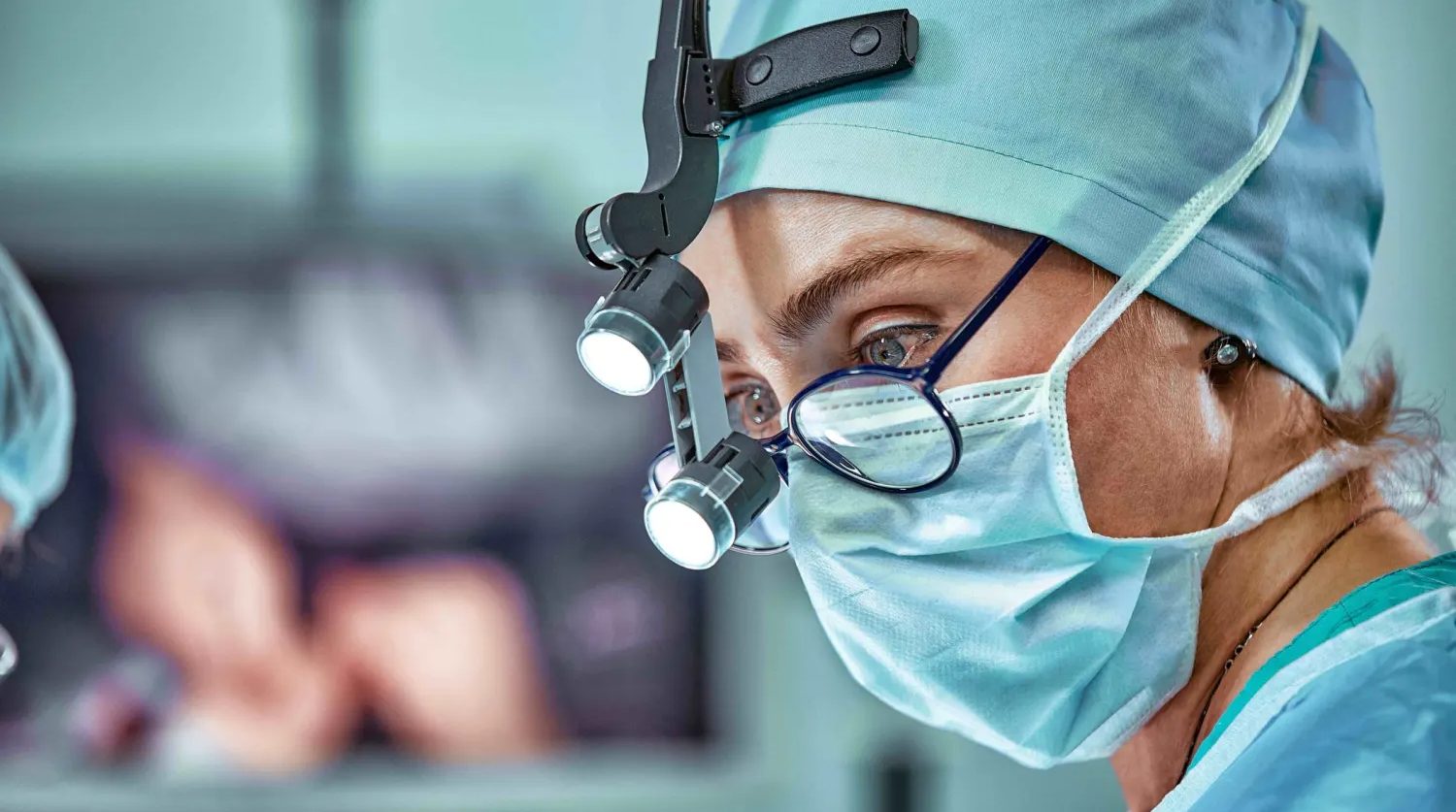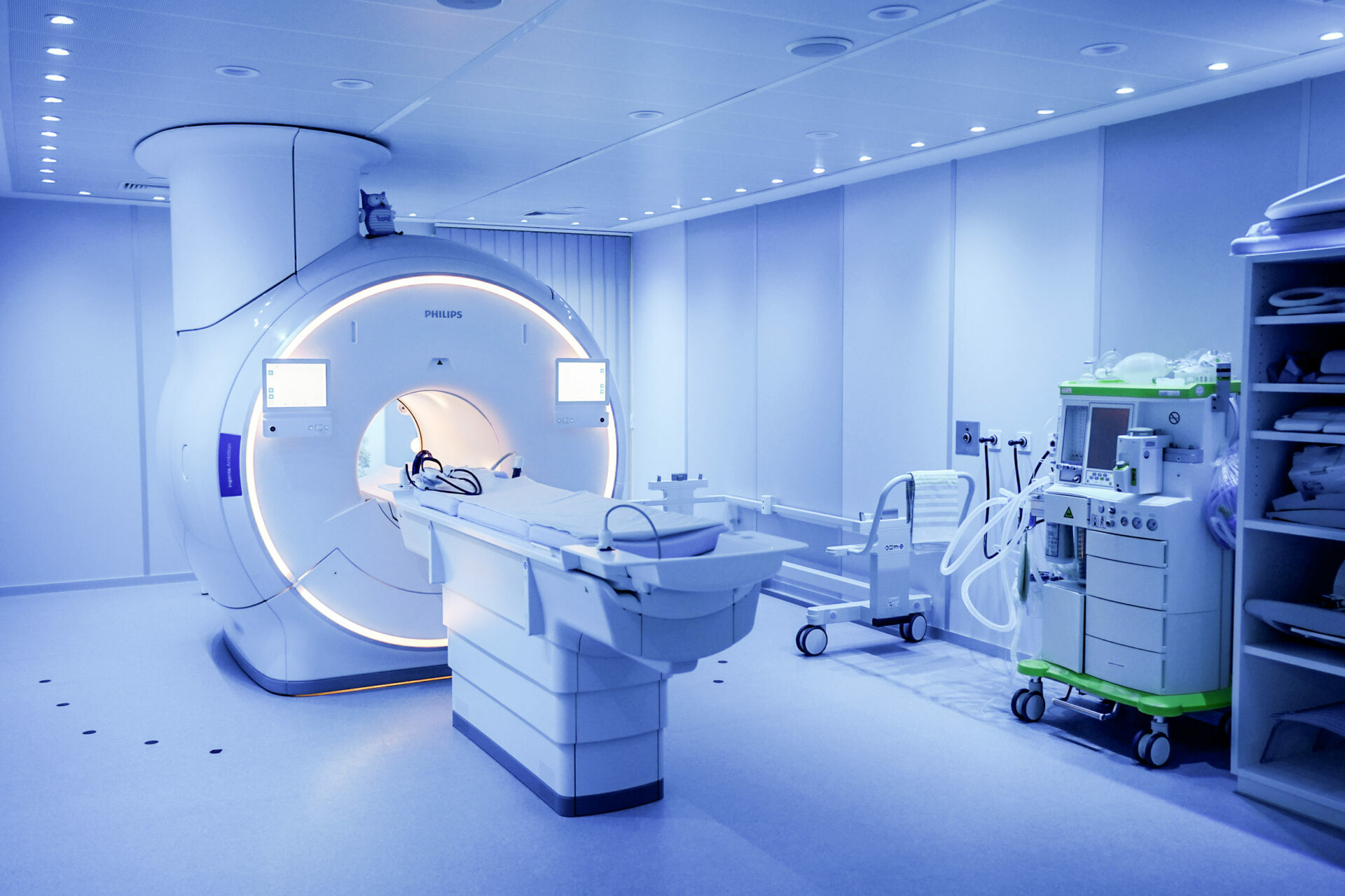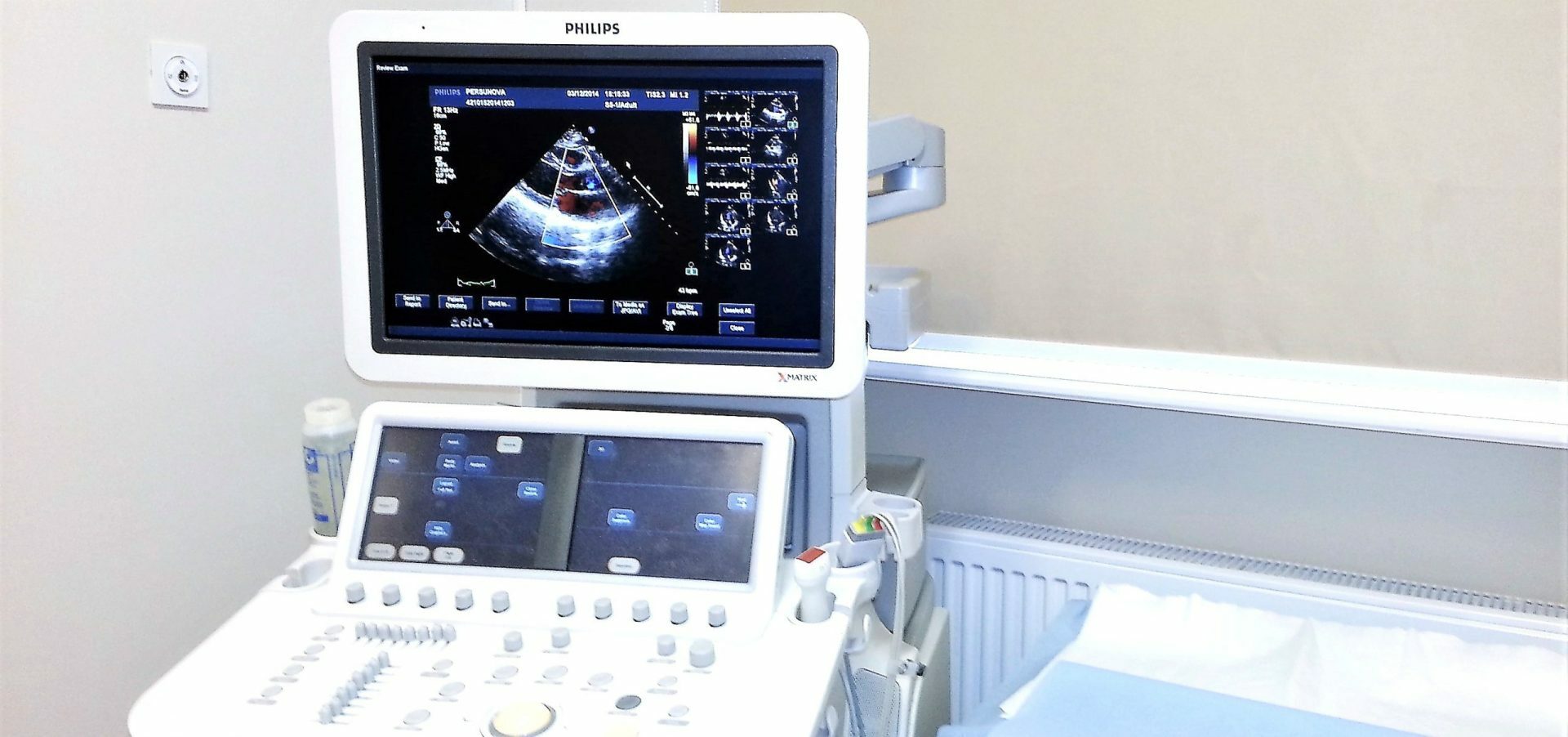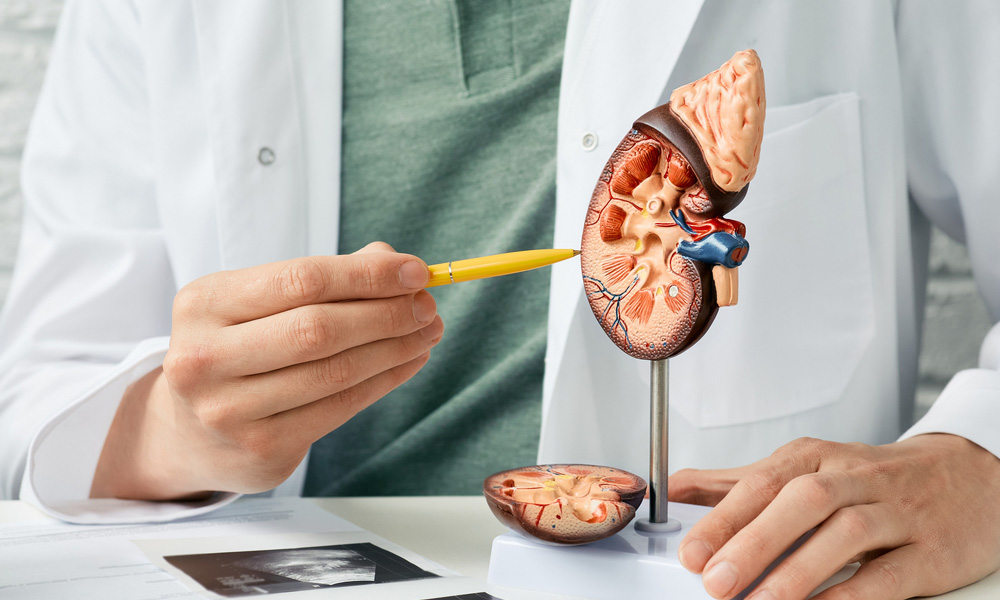
Urologist – Expert in urinary and reproductive health
A urologist is a medical doctor who specializes in diagnosing and treating urinary tract issues for both men and women, as well as male reproductive system diseases. They handle the detection, treatment, and prevention of conditions related to the kidneys, urinary tract, prostate, and other reproductive health concerns. If you have issues with your kidneys, urinary system, prostate, or other related health matters, a urologist can help!
What examinations are performed during a urology consultation?
Riga 1st Hospital offers comprehensive urological services, supported by state-of-the-art equipment and highly qualified specialists. Patients can access outpatient services that include modern high-resolution imaging diagnostics and quality laboratory tests. The hospital also offers treatment for complex urological diseases. During the consultation, the urologist will ask about your health history and symptoms, and explain the diagnostic and treatment methods to be used.
Why you shouldn’t delay a visit to the urologist
Regular visits to the urologist are important, even if you don’t have obvious symptoms. For men over 40, it’s crucial to see a urologist at least once a year, as many urological conditions can develop without noticeable symptoms but can lead to irreversible consequences if not diagnosed and treated early.
Which urological conditions can be treated by a urologist?
- Kidney stones – Stones can form in the kidneys, ureter, or bladder, causing pain and other complications.
- Benign prostatic hyperplasia (BPH) – An enlarged prostate that can cause urinary retention and other issues.
- Oncological conditions – Cancers of the bladder, kidneys, prostate, and reproductive organs, requiring early diagnosis and treatment.
- Kidney cysts – Benign, fluid-filled sacs in the kidneys that can impair function and lead to kidney failure.
- Phimosis – A condition where the foreskin cannot be retracted from the head of the penis.
- Paraphimosis – A condition where the retracted foreskin cannot be pulled back over the head of the penis.
- Varicocele – Enlargement of the veins in the scrotum.
- Hydrocele – Fluid accumulation in the scrotum.
- Urinary incontinence – Involuntary leakage of urine.
- Erectile dysfunction – Difficulty achieving or maintaining an erection for sexual activity.
- Male infertility – Issues related to biological reproduction.
- Pelvic pain syndrome – Discomfort and pain in the pelvic region.
- Urinary tract infections (UTIs) – Affecting any part of the urinary system, including the kidneys, bladder, and urethra.
Advanced technology for precise prostate examinations
Riga 1st Hospital is the only healthcare facility in Latvia offering innovative 3D histoscanning technology—a unique method used in suspected cases of prostate cancer or when monitoring the disease. This technology allows the urologist to accurately pinpoint tumor location in its early stages, improving biopsy precision and allowing targeted tissue sample collection. This reduces unnecessary biopsies and enables faster diagnosis and treatment.
Common urinary tract infections
Urinary issues are common and can affect anyone. Frequent or difficult urination, the feeling of incomplete bladder emptying, or painful urination are symptoms that may indicate a urinary tract infection (UTI). Some of the most common UTIs include:
- Cystitis – Inflammation of the bladder, causing frequent urination, pain in the bladder, lower abdomen, and back.
- Pyelonephritis – Kidney infection, typically causing sudden high fever, chills, back pain, nausea, and vomiting, along with symptoms of cystitis in some cases.
- Urinary incontinence – Involuntary leakage of urine, which can be a primary condition or a result of other health issues.
“Our doctors’ main goal is to help patients return to everyday life as quickly as possible,” says Dr. Alvis Laukmanis, the head urologist at the Urology Department of Riga 1st Hospital. With over 20 years of experience treating all types of urological diseases and specializing in minimally invasive endoscopic surgeries, Dr. Laukmanis has mastered holmium laser technology at Cambridge.
Other related services


